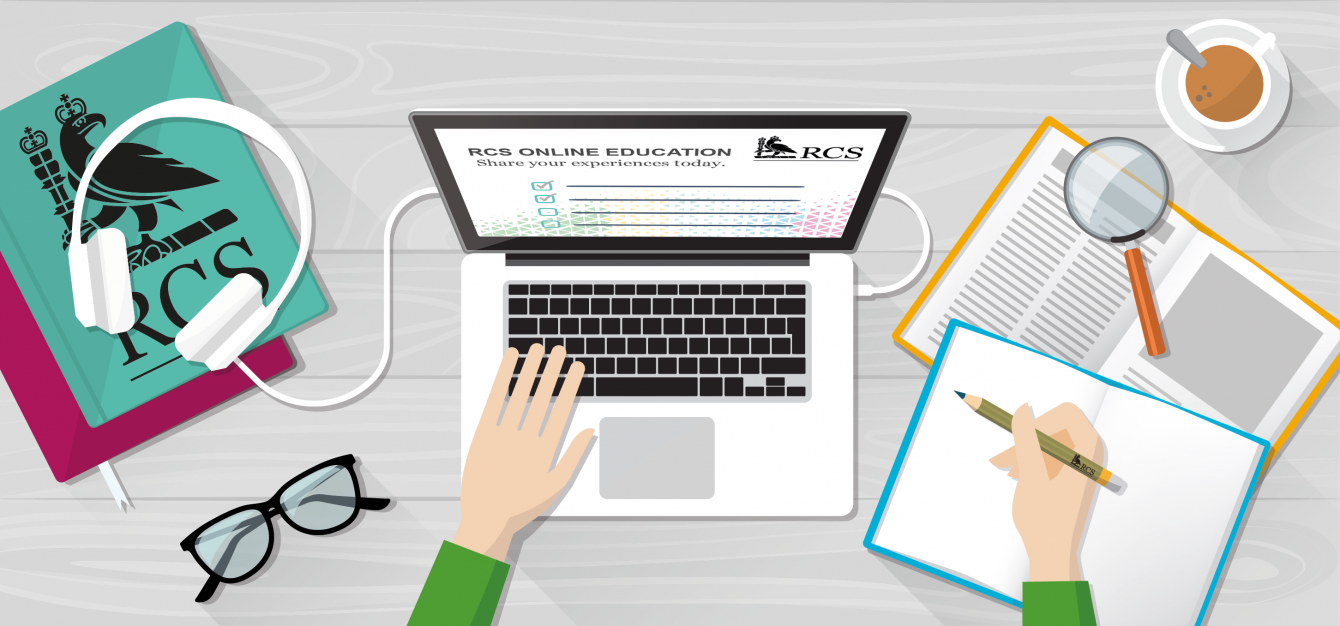Money controls the world, and it also makes it go round. Money plays a huge role in society, politics, geography, law, and close to everything in our lives. One of the most vital requirements that an employer can quest for is understanding how companies, people, and countries control how their money gets spent.
Economics is a broad field, and it’s more than pounds or currencies. It studies the psychology of how and why individuals decide on what they do and the spreading of the world’s resources. There are two main strands through which economics get studied, and they include:
- Microeconomics, which is the study of how people, businesses, and groups utilize their wealth;
- Macroeconomics projects at significant economies. It Focuses on the monetary challenges of Continents cities countries and their inflation or unemployment that faces search entity.
Entry requirements for an economics course
Not all colleges tend to have no option of studying economics. You, therefore, need to acquire good grades in mathematics. You’ll also score better chances when you have subjects like business and statistics on your side. The conditional offers will expect you to have high-grade expectations since most of the economics face very high competition.
Mathematics is among the most critical subject if you are applying for economics, but most of the time, it’s never a primary requirement.
Reasons for studying economics
It is a broad subject and teaches one an array of interdisciplinary skills that will make you the best person to fit in any job from any sector. Some of the modules that you may study in economics are;
- Global finance
- Econometrics
- Legal Studies
- Economic policy
- Money and banking
- International trade
- Economic history
- Collective decisions
One of the most obvious choices of careers is becoming an economist. The post involves one having an in-depth understanding of how several issues relate to each other. Economists get hired to advise on changes in education, healthcare, energy, business, and law. A graduate of economics can apply for several hundred jobs and include analyst, insurer, political adviser, accountant, banker, statistician, and many others.
Difference between economics and finance
The two Fields are usually similar, but they have demands for different skills. Economics is a broad subject that covers a vast area since it Focuses on how resources and money affect our surroundings. On the other hand, finance focuses two fiscal topics, like markets, interest rate, and prices.
What you can do with a degree in economics
You can apply for hundreds of jobs under different careers, including;
- Accountant
- Management consultant
- Economist
- Business analyst
- Data scientist
- Actuary
- Police officer
- Banker
- Political adviser
Economics means that you will cover many various subjects and provide a link to economics itself. Most degrees will span for three years, and their BSc will entail more technicality that requires a higher degree in mathematics, theory, statistical analysis, and techniques. A bachelor’s in arts will still focus on such elements and focus more on sociology and other social sciences. You need to have skills in problem-solving, visualization, and investigation.
You will also need to learn the economics essentials during your studies’ first year and then specialize in your interest as you go on. As an economics student, you may do the following during your studies:
- Attending seminars and lectures
- Writing essays and reports.
- Heading teamwork and projects
- Industry experience and placements
- Learning from a business speaker
You will spend more time than most of your counterparts because of the nature of the jobs you will do, working independently, which means you’ll need more determination and motivation to manage yourself and time the most effective way possible.
